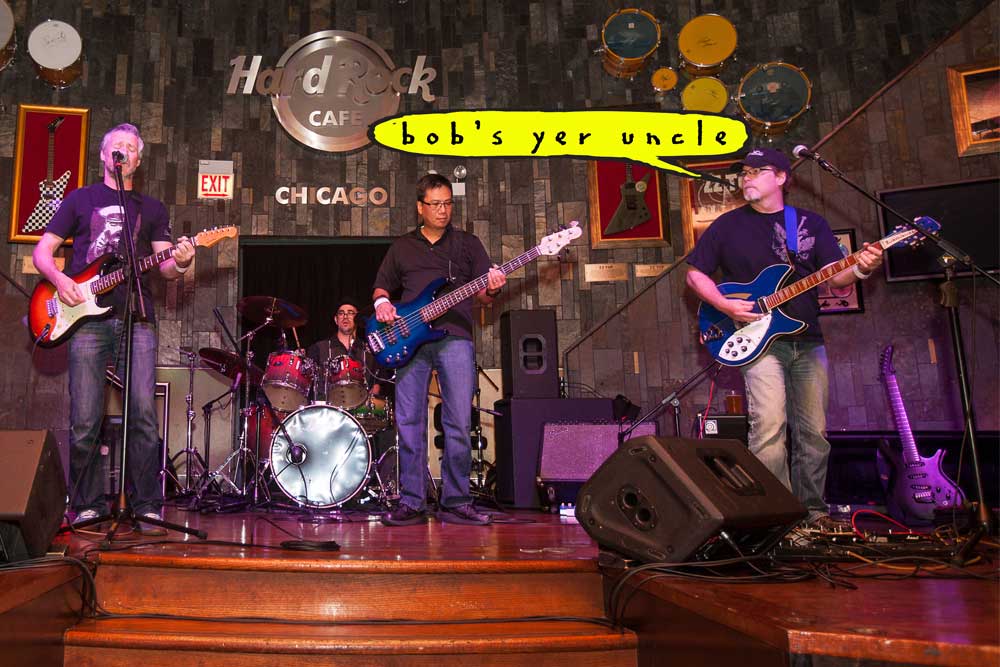Bob’s Your Uncle?
Dear Word Detective: Where does the phrase “Bob’s your uncle” come from? My brother and I agree that its meaning is more-or-less “everything’s all set.” Jim thinks it comes from some reference to a politician named Bob — that if your “uncle” Bob supports this, then everything will go smoothly, or you have an “in” person on your side. I hadn’t heard that, but it seems plausible. What do you say of the origin of this phrase? I expect you may have addressed this in the past, and can just pull up your previous explanation; we look forward to a response, newly minted or tried and true. — Carol Leigh Wehking, Ontario, Canada.
Well, how about half-tried and half-true? Or once-tried and now-more-true? I have addressed this question before, but since that time there have been doubts raised about the accepted explanation of the phrase.
The standard story of “Bob’s your uncle,” as I explained it a few years ago, traces the phrase back to1887, when British Prime Minister Robert Cecil appointed Arthur Balfour to the prestigious post of Chief Secretary for Ireland. The British public, however, was well aware that Robert Cecil just happened to be Arthur Balfour’s uncle. In the resulting furor over an apparent act of blatant nepotism, “Bob’s your uncle” became a popular sarcastic comment applied to any situation where the outcome was preordained by favoritism. (The Cecil-Balfour affair was literal nepotism to boot, since the root of “nepotism” is the Latin “nepot,” nephew) As the Balfour scandal faded in public memory, the phrase lost a bit of its edge and “Bob’s your uncle” became just a synonym for “you’re all set.”
I still like that story, but it has always seemed a bit too neat and tidy, and it has its skeptics. One is Michael Quinion, who writes the very fine World Wide Words website (at www.worldwidewords.org). Mr. Quinion points out, quite rightly, that while the Cecil-Balfour ruckus took place in 1887, the first occurrence in print yet found of the phrase “Bob’s your uncle” dates only to 1937. Popular phrases often percolate orally a few years before appearing in print somewhere, but a fifty-year gap between a highly public outcry spawning a phrase and the first appearance of that phrase in a newspaper is not plausible, especially in the late 19th or early 20th century.
Furthermore, as Mr. Quinion points out, Britain had no lack of satirical publications at the time, including the venerable Punch magazine, who would have gladly leaped on such a phrase and put it on their front pages.
Mr. Quinion suggests that “Bob’s your uncle” might be a descendant of the much older (dating back to at least 1785) English slang expression “all is Bob,” meaning “everything’s fine.” That’s certainly possible, but for the moment, the jury is still out on “Bob’s your uncle.”
The Word Detective on the Web is the online version of The Word Detective, a newspaper column answering readers’ questions about words and language. The Word Detective is written by Evan Morris and appears in finer newspapers in the U.S., Mexico and Japan.

